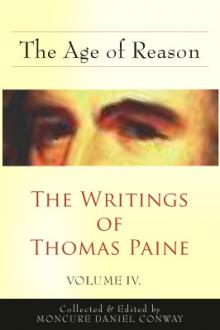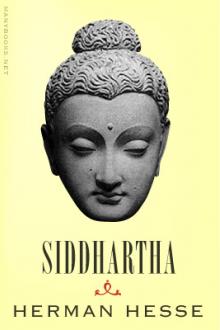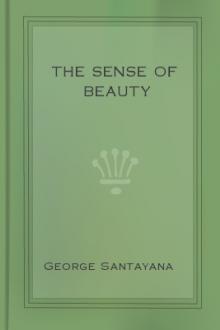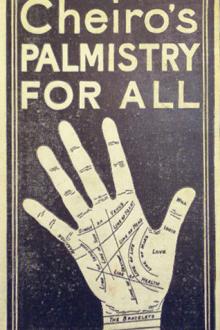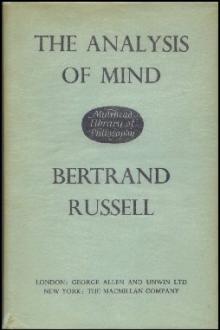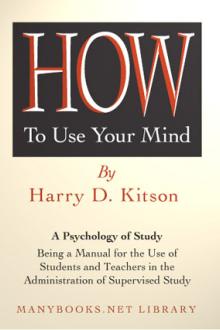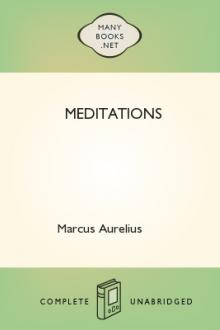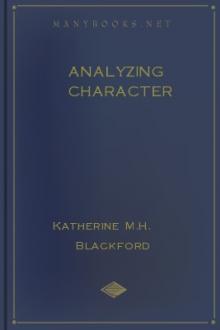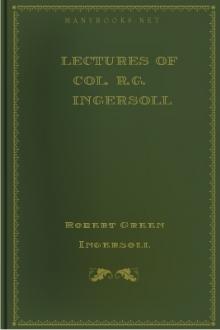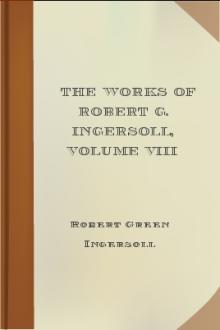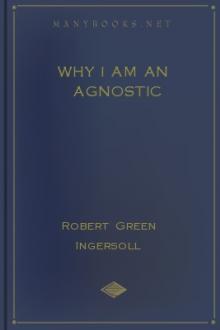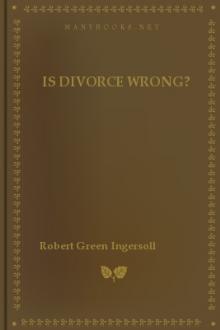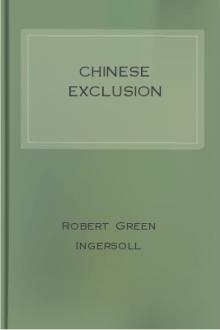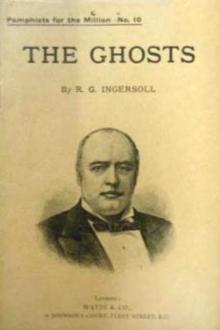Has Freethought a Constructive Side?
Has Freethought a Constructive Side?
Book Excerpt
The object of the Freethinker is to ascertain the truth -- the conditions of well-being -- to the end that this life will be made of value. This is the affirmative, positive, and constructive side.
Without liberty there is no such thing as real happiness. There may be the contentment of the slave -- of one who is glad that he has passed the day without a beating -- one who is happy because he has had enough to eat -- but the highest possible idea of happiness is freedom.
All religious systems enslave the mind. Certain things are demanded -- certain things must be believed -- certain things must be done -- and the man who becomes the subject or servant of this superstition must give up all idea of individuality or hope of intellectual growth and progress.
The religionist informs us that there is somewhere in the universe an orthodox God, who is endeavoring to govern the world, and who for this purpose
FREE EBOOKS AND DEALS
(view all)Popular books in Philosophy, Essays
Readers reviews
3.0
LoginSign up
Brilliant as usual, from Ingersoll. Remarkable man, remarkable time, back when America was still full of deists and secularists, before the so-called great Awakening strangled us into superstition, when we were unafraid to attend to a man of passion and reason like Ingersoll. He was in fact the most popular speaker of his day, and an outspoken Atheist.
- Upvote (0)
- Downvote (0)
Oh, for the innocent, halcyon days of pre-fin de siècle atheism before two World Wars and the Great Depression ended freethought naiveté forever. Or, at least, it should have. Human memory is painfully short.
Colonel Robert Green Ingersoll (August 11, 1833 – July 21, 1899) was a Civil War veteran, American political leader, and orator during the Golden Age of Freethought, noted for his broad range of culture and his defense of agnosticism.
Ironically, Ingersoll who condemned Christian evangelists for speaking for money, at the height of his fame, audiences would pay $1 or more to hear him speak, a giant sum for his day. Evidently, there was a difference in his thinking between being a Christian evangelist and an evangelist for secularism.
In this short screed, Ingersoll writes, “… there are still wants and aspirations, and freethought will give us the highest possible in art – the most wonderful and thrilling in music -- the greatest paintings, the most marvelous sculpture -- in other words, freethought will develop the brain to its utmost capacity. Freethought is the mother of art and science, of morality and happiness.”
No. Not at this point at least.
Still, this short piece is an interesting rant that teaches the fallacy of logic: argument by outrage, appeal to consequences of a belief straw men, etc. For a short work, it is a wonderland of logical fallacies.
Colonel Robert Green Ingersoll (August 11, 1833 – July 21, 1899) was a Civil War veteran, American political leader, and orator during the Golden Age of Freethought, noted for his broad range of culture and his defense of agnosticism.
Ironically, Ingersoll who condemned Christian evangelists for speaking for money, at the height of his fame, audiences would pay $1 or more to hear him speak, a giant sum for his day. Evidently, there was a difference in his thinking between being a Christian evangelist and an evangelist for secularism.
In this short screed, Ingersoll writes, “… there are still wants and aspirations, and freethought will give us the highest possible in art – the most wonderful and thrilling in music -- the greatest paintings, the most marvelous sculpture -- in other words, freethought will develop the brain to its utmost capacity. Freethought is the mother of art and science, of morality and happiness.”
No. Not at this point at least.
Still, this short piece is an interesting rant that teaches the fallacy of logic: argument by outrage, appeal to consequences of a belief straw men, etc. For a short work, it is a wonderland of logical fallacies.
11/24/2008
Popular questions
(view all)Books added this week
(view all)
No books found
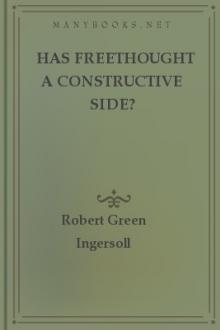
 Free Download
Free Download















